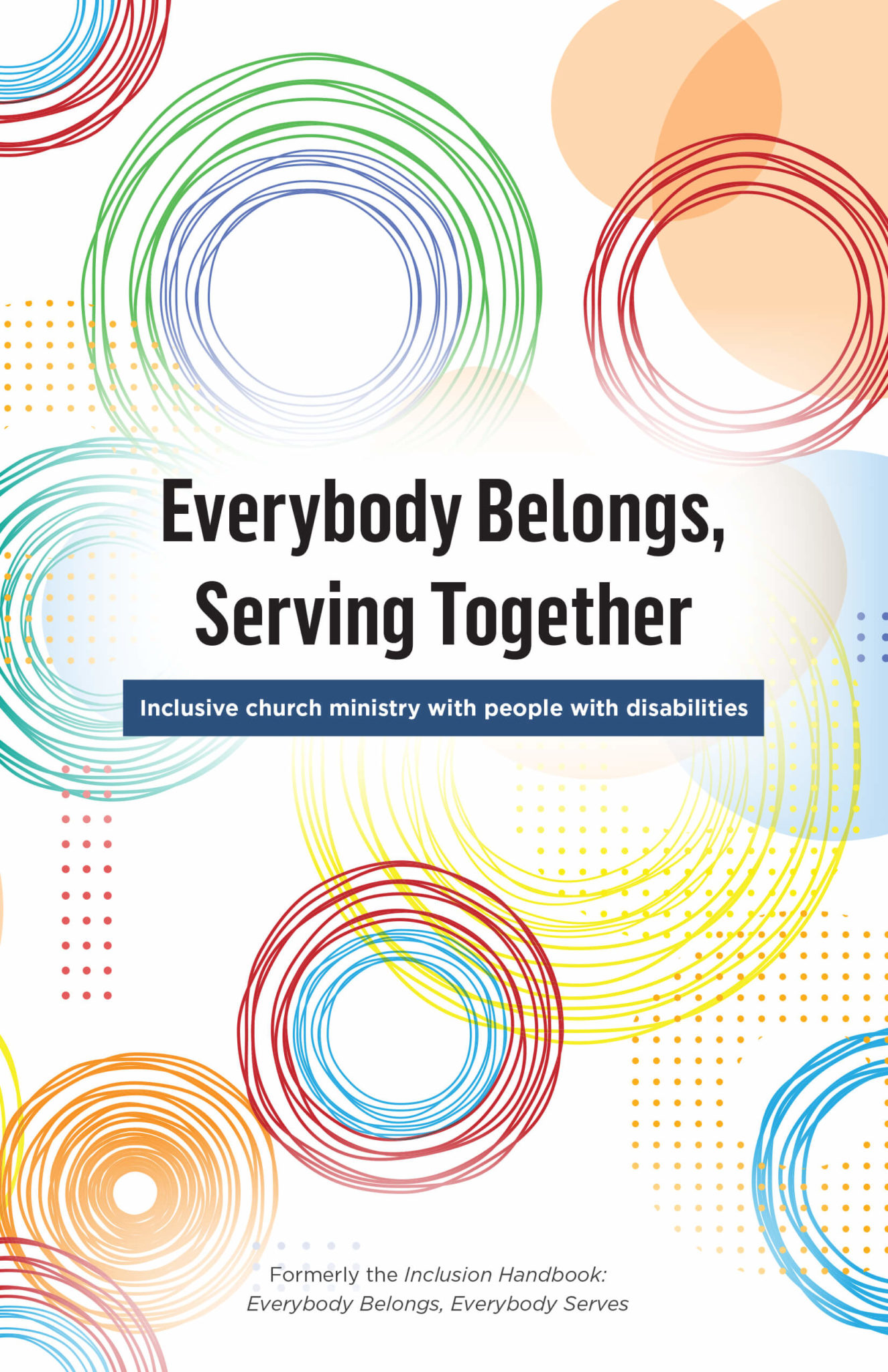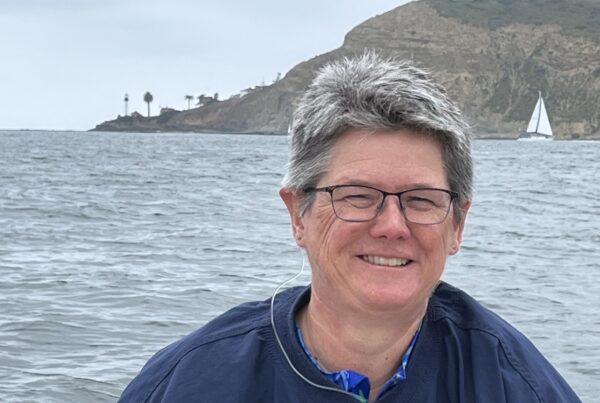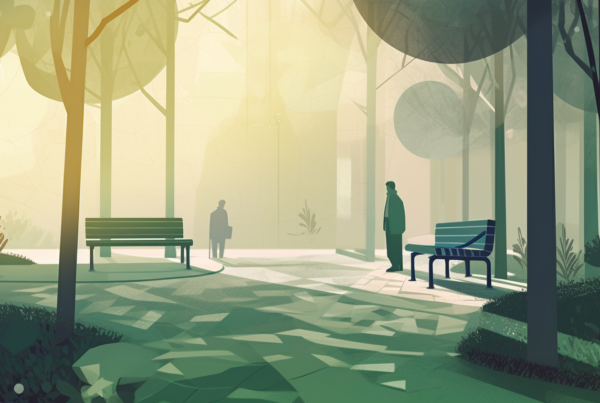I want to belong to a church family. Really, I should belong to a church family. The church is God’s creation to give us a place to belong. Belonging means acceptance as a member or part of the body. Knowing we belong to the church gives us value and tells us we matter. This is why it has been so painful to be rejected by churches because of how I communicate, because of my autism.
Good communication is critical for relationships, and it is one of the primary areas where I encounter difficulty, mostly because of my autism. I have experienced this so many times because I can appear to be non-disabled, but my autism prompts others to decide it’s too difficult or that they simply just don’t like talking to you, and they walk away or push you away.
Being pushed away from any situation or group hurts to the core. You feel unwanted, unloved, and unvalued. It makes you feel as though you don’t fit or belong anywhere. I often question whether God would truly accept me if his people won’t. This is gut-wrenching, and it often drives those of us with autism away from the church and from Christ.
My wife and I once met for coffee with someone we thought of as a friend. She was my co-worker at a Christian college, and a member of the autism community. She had heard me talk about my social struggles and decided to “help” me by explaining why no one liked having me around. My wife and I were effectively told that we did not belong, that no one wanted us in the body of believers. I felt like I would never find a place to fit in church if this is how people treated those who don’t fit the “norm.”
I want to help you and your church prevent this from happening.
Ideas for making the autistic community feel welcome in your church
- People with disabilities will not always be able to participate in communicating in a “typical” manner. Allow us to keep up, include us in your conversation, and walk alongside us in understanding body language and sarcasm.
- When we make mistakes, let’s work together to make it right rather than blaming it on each other. Say what you mean, mean what you say, do what you say you will, and make efforts to make it right if you can’t.
- Answer questions without taking them personally. I need clarity; someone else might simply need you to slow down or listen to them. Ask us questions rather than making assumptions, especially where you find yourself assuming something negative about me or someone else with a disability.
I hope to find a church family one day, but maybe there’s someone who wants to be part of your church family, and maybe these steps can help you welcome them. I hope your church will become a place of belonging for people who don’t do things in the “typical” way.
Listen to the audio version
From Everybody Belongs, Serving Together
Explore the full guide to inclusive ministry with people who have disabilities
- Stories and guidance directly from people who have disabilities
- An interactive accessibility audit with personalized recommendations for your church
- Suggestions for engaging with people who have specific disabilities, from hearing loss to autism
- So much more!
Carlyle and Kristen King
Carlyle and Kristen King are married and live in Boise, Idaho, where Carlyle works as an Application Administrator for Boise State University (BSU) and Kristen works as a Buyer, also for BSU. Carlyle is Autistic and advocates for persons with autism through public speaking, serving on commissions and committees in autism advocacy, and through tirelessly advocating for acceptance and appreciation for people with autism in Christian churches.




